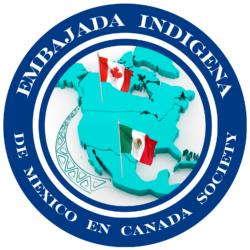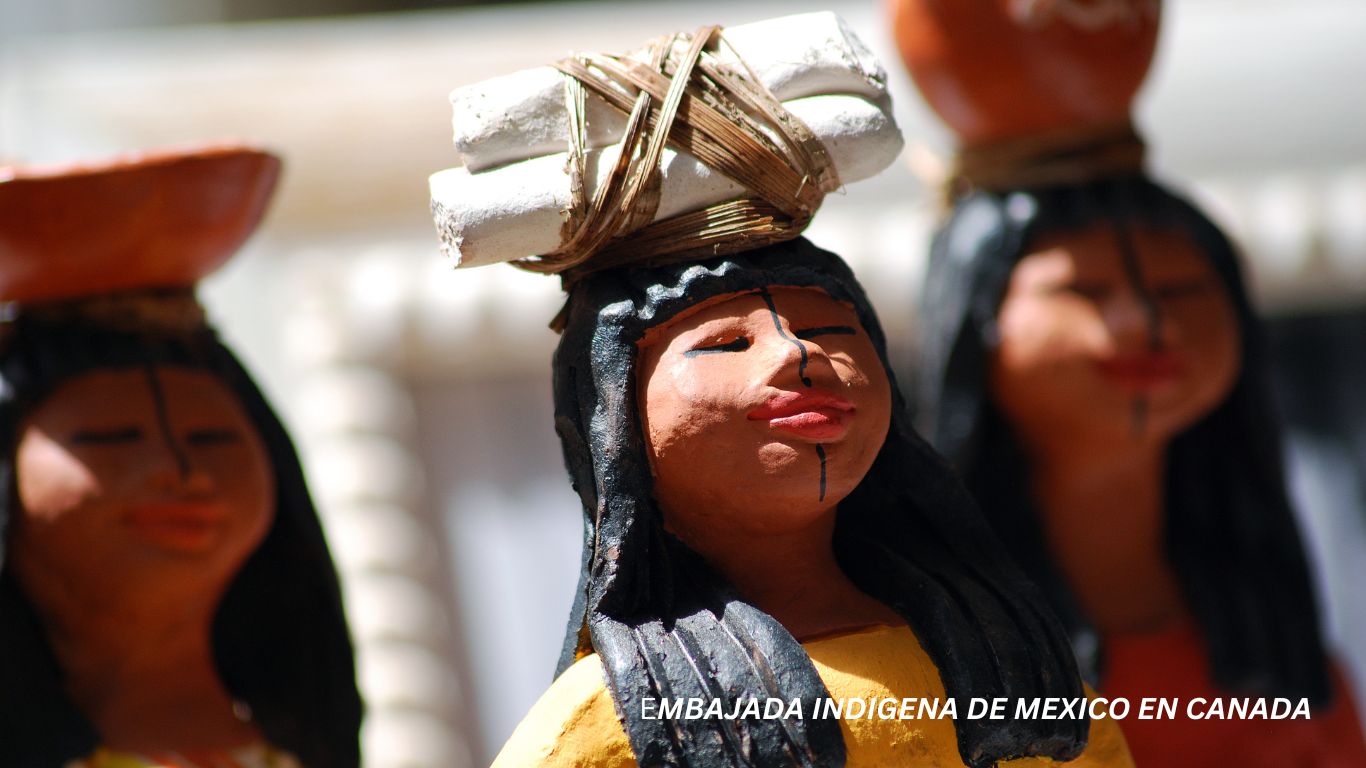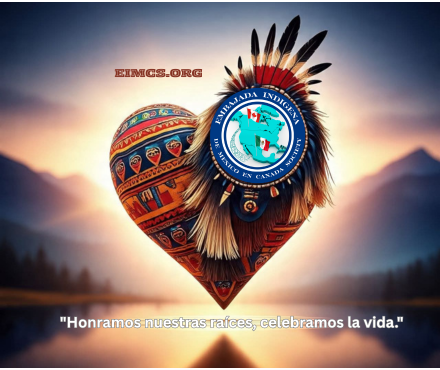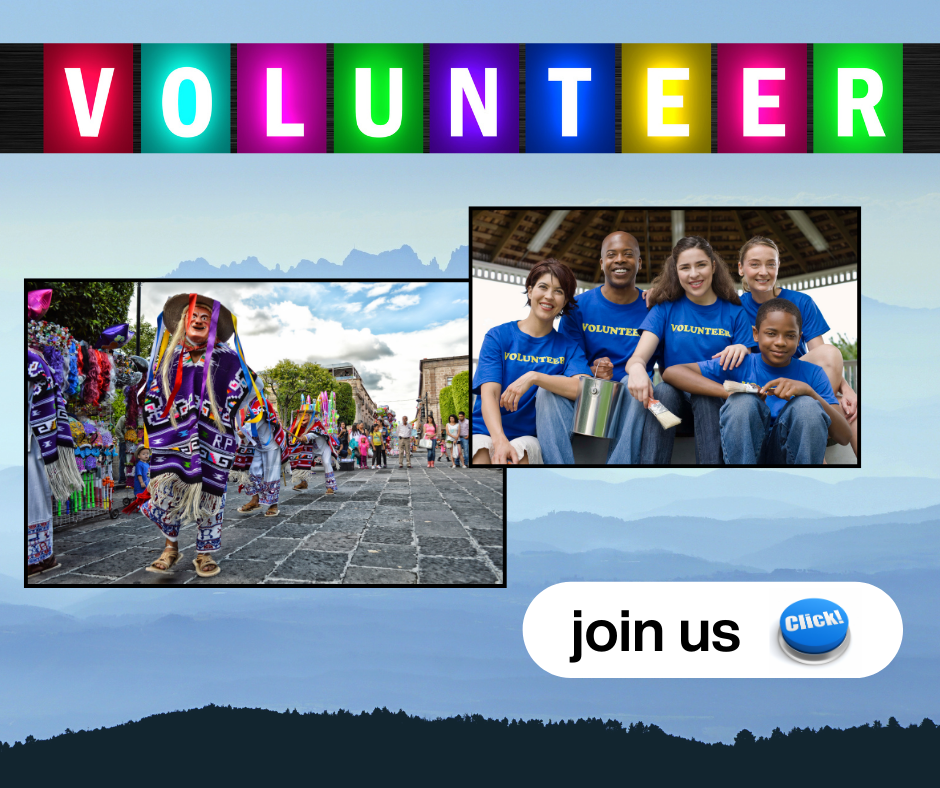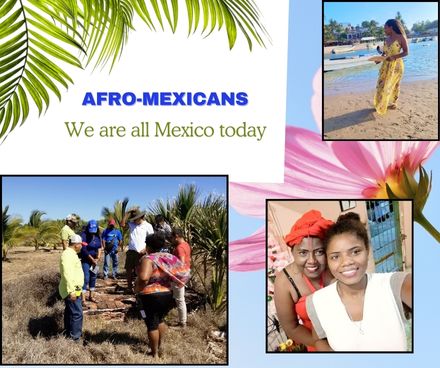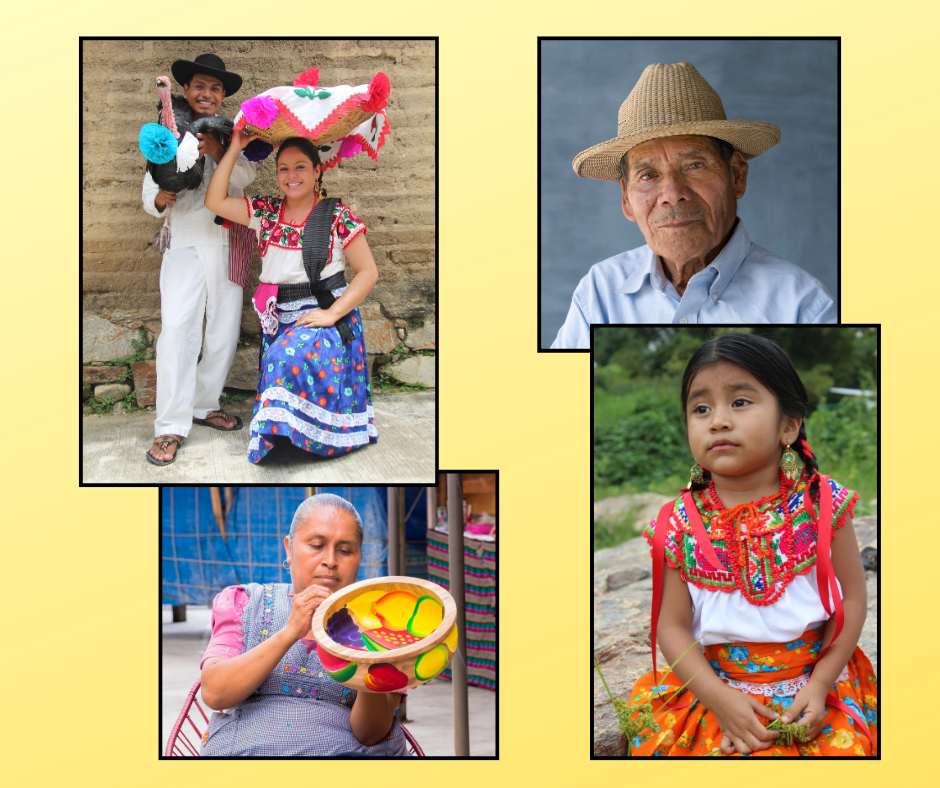![]()
A Place for the Power and Wisdom of Indigenous Women

This is a space where we celebrate the strength, wisdom, and unique beauty of every Indigenous woman. Here, our voices resonate with pride and dignity, honoring our traditions, our roots, and our struggles. We connect with one another, share our stories, and reflect the essence of who we are: diverse, brave, and the guardians of our cultures.
We believe in the transformative power of solidarity and unity. This space is yours to learn, share, inspire, and be inspired. Here, ancestral wisdom and the future meet, building a path toward justice, respect, and equality.
Together we are strong! Together, we continue weaving the future of our communities!
Indigenous Women’s Struggles and Achievements: A Tribute to Their Strength and Leadership
Introduction
The Indigenous peoples of Mexico, with their rich history, diverse cultures, and deep connection to the land, have always played a fundamental role in the shaping of our nation. Central to this legacy are the Indigenous women, whose resilience, wisdom, and courage have been the pillars of their communities for generations. Today, we recognize and honor their ongoing struggles for justice, equality, and the preservation of their traditions. This page is dedicated to celebrating the achievements of Indigenous women and their vital contributions to both their communities and the broader world.
The Struggles of Indigenous Women
Indigenous women in Mexico, as in many parts of the world, have faced numerous challenges and injustices. From historical colonization to contemporary issues such as land dispossession, lack of access to education, healthcare, and systemic violence, Indigenous women have been at the forefront of advocating for their rights. Despite these hardships, they have continuously fought to protect their culture, land, and families, often taking on leadership roles within their communities.
For centuries, Indigenous women have been the backbone of their societies—nurturing the next generation, preserving traditional knowledge, and ensuring the continuity of Indigenous languages, arts, and ceremonies. Yet, their voices have often been silenced in the face of political, economic, and cultural marginalization.
In recent years, the struggle for gender equality has become central to the Indigenous rights movement. Indigenous women continue to face violence, discrimination, and exclusion, but they are also leading movements for social, economic, and environmental justice, demanding equal opportunities, and the recognition of their voices in the political and decision-making arenas.
Achievements and Contributions
Despite the challenges, Indigenous women have made remarkable strides in their fight for justice and empowerment. Their achievements, both within their communities and on the global stage, are a testament to their strength, resilience, and determination. Some key achievements include:
Leadership in Advocacy and Political Movements: Indigenous women have taken leadership roles in national and international advocacy, fighting for the recognition of their rights and the preservation of their cultures. Figures like María de Jesús Patricio Martínez—an Indigenous Nahua woman and physician—who ran for president of Mexico in 2018, represent the increasing presence and leadership of Indigenous women in political spaces.
Defense of Land and Environment: Many Indigenous women are leading efforts to protect their ancestral lands from exploitation and destruction. They are key defenders of the environment, working to combat deforestation, mining, and other activities that threaten their communities and ecosystems. Through organizations like Concejo Indígena de Gobierno (Indigenous Council of Government), women have played crucial roles in advocating for the rights of the land and water, standing firm against multinational corporations and government policies that undermine their sovereignty.
Preservation of Culture and Language: Indigenous women are the bearers of ancient knowledge, language, and traditions. They pass down stories, crafts, medicinal practices, and spiritual teachings, ensuring the survival of their cultures across generations. Many women are also leading efforts to revitalize and protect Indigenous languages, which are at risk of disappearing.
Advancing Education and Empowerment: In the face of limited resources and opportunities, Indigenous women have pushed for education, both for themselves and for future generations. They are not only challenging the barriers to education in their communities but are also becoming highly educated, taking on roles as teachers, health professionals, artists, and entrepreneurs. Through their initiatives, they have empowered their communities to gain more autonomy and self-sufficiency.
Combatting Violence and Discrimination: Indigenous women are at the forefront of campaigns against violence, human trafficking, and gender-based discrimination. Through organizations and grassroots movements, they are demanding justice and safety, and pushing for stronger legal protections. The fight against gender violence has become an essential part of their struggle for social justice, and many women are organizing marches, protests, and awareness campaigns to raise visibility and demand accountability from the government.
Supporting Indigenous Women in Canada
As the Indigenous Embassy of Mexico in Canada, we acknowledge the shared experiences and struggles of Indigenous women across borders. Many of the issues facing Indigenous women in Mexico are also reflected in Canada, where Indigenous women continue to face systemic violence, poverty, and lack of access to resources. By standing in solidarity, we can work together to amplify their voices, share their stories, and support their efforts for justice and equality.
We are committed to fostering an environment that empowers Indigenous women by providing resources, creating spaces for dialogue, and ensuring that their voices are heard in both Mexican and Canadian policy discussions.
Looking Ahead: The Future of Indigenous Women
The path ahead is filled with both challenges and opportunities. Indigenous women are determined to continue their fight for their rights, and they are increasingly being recognized as leaders not only in their communities but also on the global stage. Through continued advocacy, solidarity, and collective action, we can ensure that Indigenous women are no longer marginalized but celebrated for their contributions and leadership.
As we look to the future, we remain committed to standing alongside Indigenous women, supporting their endeavors, and working towards a world where their rights, their dignity, and their cultures are respected and protected.
Conclusion
The struggle of Indigenous women is ongoing, but their achievements are a testament to their resilience, courage, and unwavering commitment to their communities. As we honor their history and support their ongoing efforts, we reaffirm our commitment to the fight for gender equality, the protection of Indigenous cultures, and the recognition of the rights of Indigenous peoples worldwide.
Together, we continue to build a future of hope, justice, and equality for all Indigenous women.
